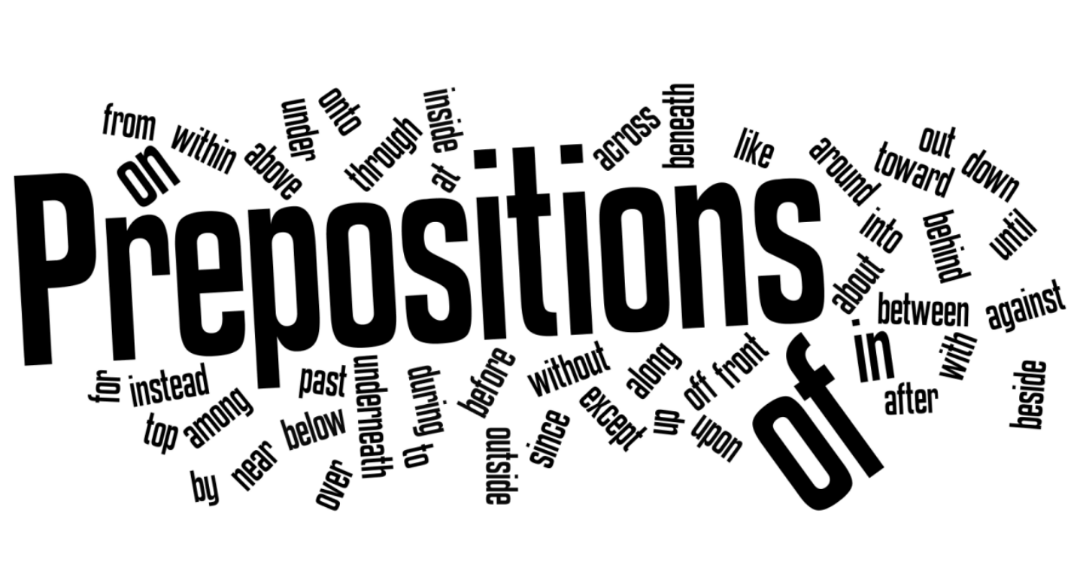Understanding Prepositions Part 1!

Understanding Prepositions: A Comprehensive Guide
Prepositions are essential building blocks in the English language, often used to indicate relationships in space, time, or logic among people, places, or things. Understanding how to use prepositions can greatly enhance your English communication skills.
What Are Prepositions?
Prepositions are words that express relationships—typically spatial, temporal, or logical—between two or more entities. They are commonly followed by a noun phrase or pronoun. Here are a few examples:
- Spatial Relationship: "The last time I saw him, he was walking down the road."
- Temporal Relationship: "It was difficult to sleep during the flight."
- Logical Relationship: "It was the worst storm since the 1980s."
Common Single Word Prepositions
There are over 100 prepositions in English, but some of the most commonly used single-word prepositions include:
- about
- beside
- near
- to
- above
- between
- of
- towards
- across
- beyond
- under
- after
- by
- on
- with
- in
- for
- since
Prepositional Phrases
Certain phrases act as prepositions composed of multiple words. Here are some examples:
- in front of
- instead of
- due to
- thanks to
- in addition to
Prepositions vs. Conjunctions
Some words function as both prepositions and conjunctions. The distinction depends on what follows them:
- Conjunction Usage: “After I met him last night, I texted his sister at once.”
- Preposition Usage: “After the meeting last night, I texted his sister at once.”
Prepositions vs. Adverbs
A number of words can act as both prepositions and adverbs:
- Preposition Example: “The gallery is opposite the Natural History Museum.”
- Adverb Example: “She’s outside.”
Abstract Meanings of Prepositions
Many prepositions convey both concrete and abstract meanings:
- "That map you need is behind the filing cabinet." (Spatial sense)
- "Everyone is behind the government." (Support)
Using Prepositions with Adjectives, Nouns, and Verbs
Prepositions with Adjectives
Certain adjectives require specific prepositions:
- aware of: “They weren’t aware of the time.”
- interested in: “Lots of people are interested in Grand Prix racing.”
Prepositions with Nouns
Many nouns are commonly followed by certain prepositions:
- “There’s been a large increase in the price of petrol.”
- “Does anyone know the cause of the fire?”
Prepositional Verbs
Some verbs are paired with specific prepositions, forming what are known as prepositional verbs:
- “I just couldn’t do without my phone.”
- “Robert accused her of stealing his idea.”
The Concept of Preposition Stranding
In informal English, it is common to separate a preposition from its complement, known as preposition stranding:
- Formal: “To whom he could talk.”
- Informal: “Who he could talk to.”
Conclusion
Mastering prepositions can significantly improve your English proficiency. Their correct usage aids clarity and precision in communication. For further insights into English grammar, subscribe to my newsletter on EnglishwithIsaac, and don’t forget to follow me on Instagram(, https://www.instagram.com/englishwithisaaca?igsh=MWpzMWc2enExcTBqMw%3D%3D&utm_source=qr)Facebook(https://www.facebook.com/share/187o4Tf7kL/?mibextid=LQQJ4d),and YouTube(https://youtube.com/@englishwithisaacenglishfil643?si=YZXJE6PhM_PMt3pR) for more tips and engaging content. Share this guide with friends who want to improve their English skills too!
